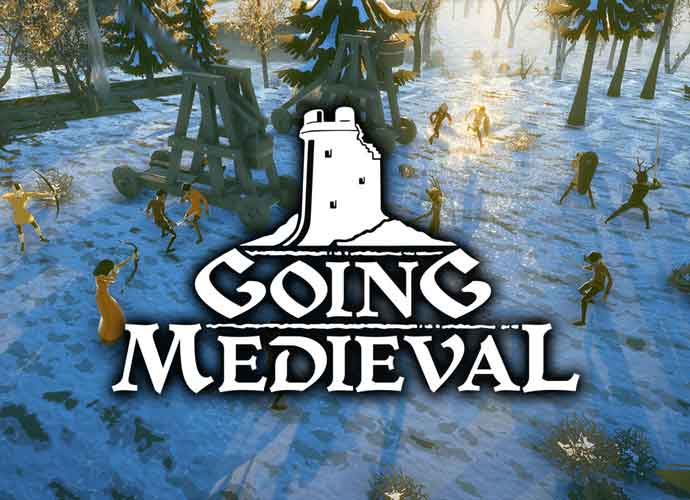‘Going Medieval:’ What Is The Hype About?

Going Medieval (Photo Courtesy Of Foxy Voxel)
Steam chart has always been nebulous and unpredictable, and now, things are getting even stranger.
Last week, among all the gaming giants and well-known developers, Going Medieval‘s early access unexpectedly peaked, taking the very first place on the Steam chart. While one would reasonably assume that the game is released by another big, thriving company, Going Medieval is actually the very first game from its developer Foxy Voxel.
So without the abundant resources gaming giants hold nor the years of experience they have, what is up with Going Medieval? What’s the hype about?
Going Medieval is set in a post-calamity society, where 95% of the population is ravaged by the virulent plague in 14th century. To restore the order and peace of society, survivors are tasked with the responsibility to rebuild human civilization. And as the player, you will be ruling over this land, devising the best ways for you and your colonists to reach prosperity.
In the beginning, players are settled with three colonists, an empty field and supplies like wood, linen, a short bow, etc. Keeping them alive is the minimum; the goal is to expand this civilization from a ragged land to a grand castle.
To attain the goal, players first need to understand the system of micromanagement in Going Medieval. Every settler is unique with individual needs, stats and personality traits. To maximize the efficiency of, for example, harvesting, you should not assign this task to a mighty soldier. The same rule applies to everyone. If the assigned tasker doesn’t match the activity, the extended working process will occupy his sleep and leisure time, another important factor of the game. Eventually, the deprivation of freedom and rest will lead to their departure.
Going Medieval also features the popular RTS combat. Each settler can be equipped with armor and weapons to raid other villages or defend their home. As mentioned earlier, the management system also reins here. You would not want to force a cooking lady to the battlefield and then suffer from famine. If you appropriately manage your settlers, over time, you unlock new systems—tailoring, preserving food, sword-smithing, and so on.
This simulating game mode also reminds people of another famous management game RimWorld. The difference is that Going Medieval is more laid-back. However, it is a bit unfair to leave such a comment since Going Medieval is still in its early stage of release. We still need more time to compare these two similar games.
While simplicity has been dominantly abandoned by games aspiring the futuristic settings and advanced techniques, Going Medieval retains it, topping the Steam Chart like a champ in a way that both players and other developers didn’t expect.





